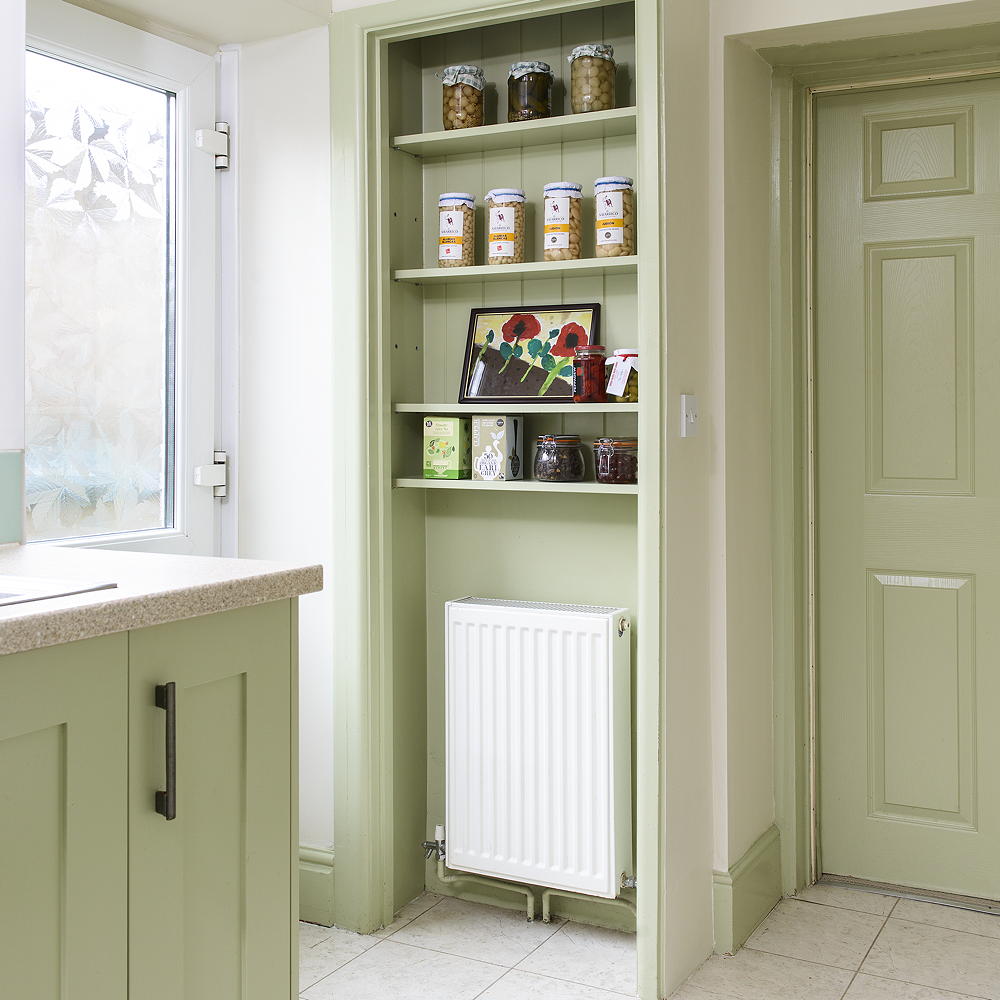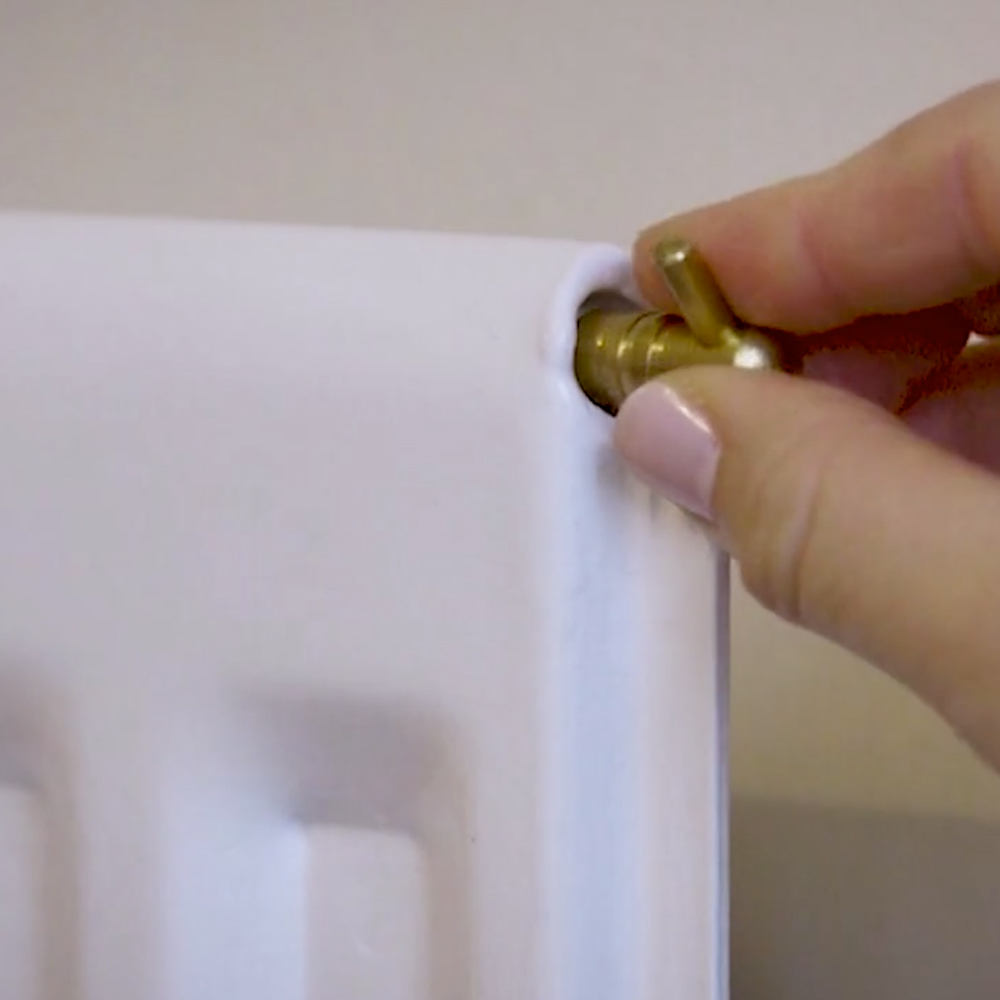Homeowners warned of potential boiler dangers – why you shouldn’t ignore your boiler during the summer
Boiler faults not only increase your energy bills but are a risk to your health, experts warn
A faulty or inefficient boiler will increase your energy bills – but it also poses much more serious dangers to your health, experts are warning. That's why you shouldn't put off checking your boiler for faults until winter – if you are experiencing any one of these issues, you should get it looked at immediately, even during the summer months.
Related: You can now get a boiler installed the next day as part of a new COVID-19 SOS service
The energy experts at money.co.uk have cautioned that an ageing and inefficient boiler can not only increase gas bills but also present a potentially lethal threat to health.

The summer is the perfect time to make sure boilers get the attention they need to perform efficiently. You may be tempted to leave boiler care until the winter months, but you really shouldn't wait that long. Faulty gas boilers can present many issues with carbon monoxide poisoning being the most serious threat. Ben Gallizzi, energy expert at money.co.uk said: 'There are still thousands of inefficient old gas boilers out there in homes across the UK. Many people tend to forget about their boiler during the summer months when they don’t have the central heating switched on but actually this is the perfect time to address any issues ahead of the winter. Tackling any servicing or repairs needed to your boiler now, while heating bills are low and they aren’t in use, is more cost-efficient than waiting till the colder months when energy bills are usually higher.'
The top signs of a dangerous boiler you shouldn't ignore
1. Pilot light extinguishing
The pilot light is used to ignite the gas and heat the water in your boiler. If this light is going out frequently it can be the sign of a blockage, a fault in the fan or not enough pressure in the system. Noticing this early can prevent you from being without hot water and heating for an extended period of time.
2. Headaches / nausea
Suffering from headaches and or nausea are one of the tell-tale signs that there could be a carbon monoxide leak in the home. Noticing these symptoms as well as any suspicious gas smells at any point is the correct prompt to call an emergency professional. They will be able to diagnose the problem effectively and ensure that the home is safe.
3. Boiler turning on and off
A temperamental boiler that turns on and off can not only be a frustration, but also difficult to diagnose. Low pressure, low water levels and thermostat issues are all related and can cause a gas boiler to act up. If the boiler is persistent in turning itself off over a period of time, this can lead to great inefficiency and a higher energy bill as a result.
Get the Ideal Home Newsletter
Sign up to our newsletter for style and decor inspiration, house makeovers, project advice and more.
4. Soot and scorching
Soot is a by-product of the burning that occurs in a gas boiler but it could also be a sign that there is a fault in the system. Depending on the specific type of boiler you have soot marks and scorching can be indicators of carbon monoxide spillage. Some traditional boilers intake fresh oxygen from the environment around them, but if the oxygen supply is blocked for whatever reason (commonly to stop draft). Carbon monoxide intake can cause serious health implications and can even result in death if the exposure is serious enough.

5. Irregular noise
It is normal for gas boilers to make a bit of noise from time to time, but there are some sounds that may signal a fault in your system. Tapping, dripping and banging are all common noises, and more often than not they can be solved by re-pressurising the system or bleeding the radiators. Rattling or aeroplane-like noises often point towards a slightly more expensive fix like a replacement pump. Replacing the pump can cost anything up to £500 (excluding labour and VAT).
6. Leaking or blocked condensate pipe
Condensate pipes drain acidic waste water away from the boiler but can become blocked over time, causing the acid to back up into the system and causing all kinds of issues. Because the pipes drain outside they are also prone to becoming frozen during winter which can cause expansion and cracking, leading to leaks even in the summer months. Leaving this issue unresolved can cause lasting damage to the pipe as it freezes and unfreezes. Leaking boilers are not only a hazard but can also be very pricey to fix. Condensate pipes should be regularly cleaned and maintained to ensure they don’t develop serious issues.
Related: How to bleed a radiator – our guide to keeping your heating in good working order

7. Radiator faults
If radiators aren’t working, the issue could be trapped air inside them - this can be easily relieved by bleeding them to allow the air to escape. If they still fail to respond to the boiler, check if there's enough pressure in the system to service all the radiators in the house. If the pressure is correct then there could be a more serious issue that requires the help of a plumber.
Anna Cottrell is Consumer Editor across Future's home brands. She moved to the world of interiors from academic research in the field of English Literature and photography. She is the author of London Writing of the 1930s and has a passion for contemporary home decor and gardening.
-
 Will a conservatory add value to your home and how can you maximise it?
Will a conservatory add value to your home and how can you maximise it?This is what the pros say
By Amy Reeves
-
 I’ve been looking for a new signature scent for my home and The White Company's new fragrance is the exact summer holiday smell I needed
I’ve been looking for a new signature scent for my home and The White Company's new fragrance is the exact summer holiday smell I neededSantorini smells fresh, summery and sophisticated
By Kezia Reynolds
-
 How to remove algae from garden walls in five steps – and the cleaning product experts rave about for tackling it fast
How to remove algae from garden walls in five steps – and the cleaning product experts rave about for tackling it fastExperts share their top tips for getting garden walls algae-free
By Katie Sims